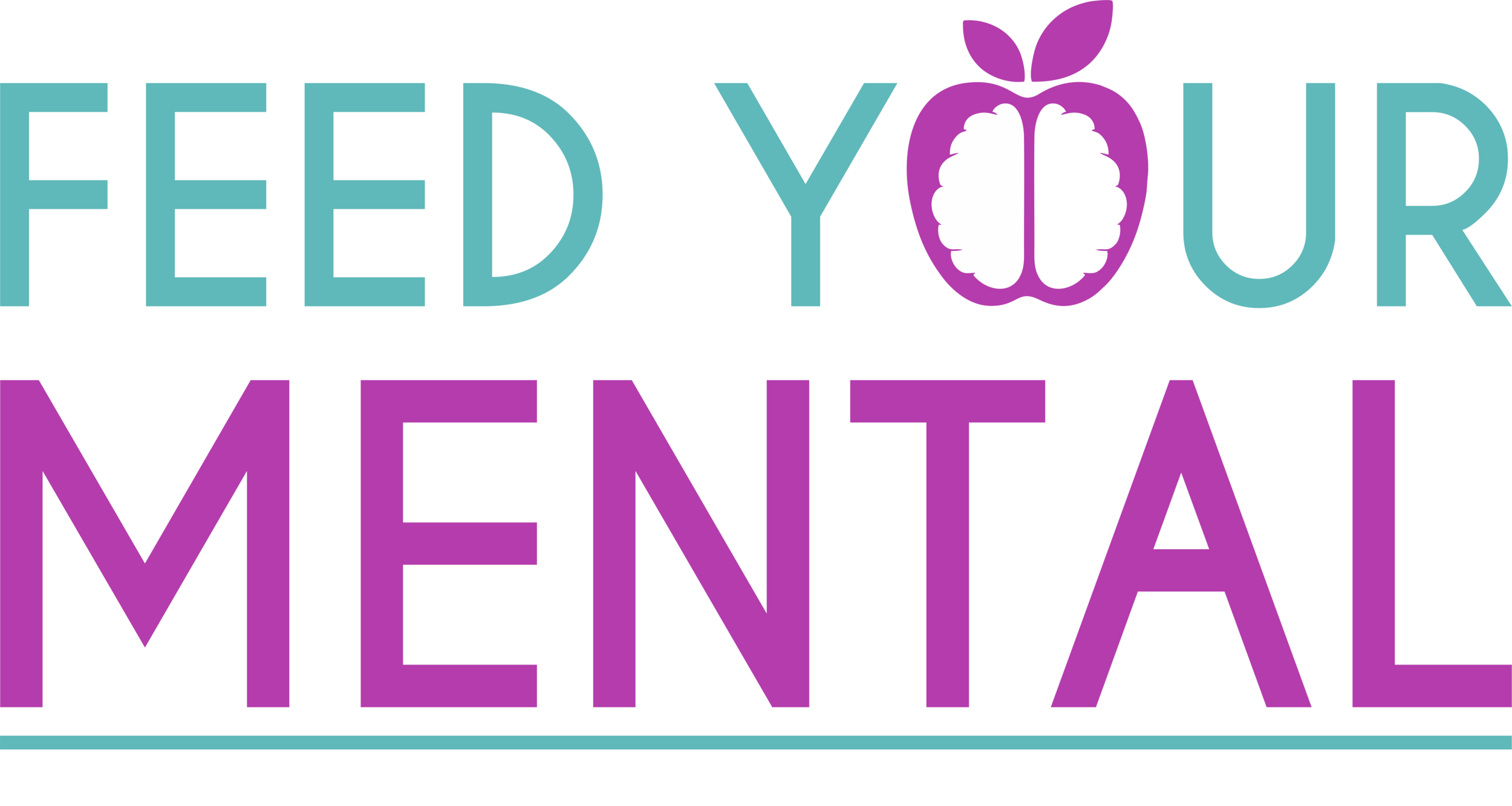Self Compassion as a Behavior Change Tool
I bet you never heard of using something like self compassion as a behavior change tool to help you improve your health. This post will define and describe self compassion as well as the latest research on how utilizing self compassion can help you engage in health related behaviors thereby improving your mental and physical health.
Self Compassion: What is it?
Self compassion is defined as the ability to treat oneself with kindness and compassion as well as nonjudgmental acceptance in response to perceived challenges and stressors (Neff, 2003a). Self-compassion itself involves three different constructs: self-kindness, common humanity, and mindfulness (Neff, 2003b). Self-kindness entails being kind and understanding toward oneself, to exercise patience and acceptance rather than harsh criticism when confronted with disappointment or perceived inadequacy, while common humanity involves viewing an experience as common and part of a larger human experience and that all people are imperfect and experience failure. Mindfulness involves being aware of the array of internal experiences (thoughts and feelings) one is experiencing without being too attached to them. These concepts are an important part of self compassion, helping us feel more connected to the human experience and giving ourselves permission to be kind towards ourselves when we are experiencing difficulties and challenges.
Self compassion is associated with a number of positive psychological benefits including better mood, well being, and life satisfaction. It is also strongly associated with reduced feelings of perceived stress. Sounds pretty good, right? But how does practicing self compassion help to actually improve health related outcomes?
Evidence for Self Compassion and Improvement in Health Outcomes
This paper reviewed 7 studies who used self compassion as an intervention to help change a health related behavior (i.e. smoking, overeating, and physical activity). Four out of the seven studies reviewed were randomized controlled trials (RCTs). Here’s what the authors report: “All four of the self-compassion RCTs significantly improved self-regulation of health behaviors compared to the respective control groups.” This means that self compassion as an intervention helped people to either engage in a health promoting behavior (increase physical activity) or help to decrease a negative health related behavior (decrease smoking).
Other studies report similar findings in that self compassion is associated with healthy eating behaviors, exercise behavior, smoking cessation, dietary adherence, medical adherence, seeking medical care, and indices of general health-promoting behaviors.
And this makes sense when you understand how to practice self compassion. Being kind and practicing non judgmental acceptance allows you to bounce back from perceived failures or setbacks more quickly because of the understanding that we are all imperfect beings who are trying to do the best they can with the resources they currently have. Additionally, self-compassionate self talk can help people to maintain the practice of health behaviors by tempering and alleviating negative emotions.
Since self compassion is associated with lowered levels of perceived stress, the probability of engaging in health related behaviors increases, simply because you are experiencing less stress. This was demonstrated by a 2017 study in that lowered stress was associated with more frequent health behaviors. And engaging in more health related behaviors helps to improve health outcomes!
Conclusion
So the next time you want to beat yourself up from skipping a workout, not making some nutritious meals this week, or not having enough time to practice stress reduction techniques, try practicing some self compassion instead. Here are some examples of how you can practice self compassionate self talk.
“I’m frustrated that I couldn’t workout this week, but I know I’m trying my best with the time that I have. I will be able to workout next Monday when I have some more time.”
“It’s ok that I wasn’t able to eat more vegetables this week. I enjoyed myself with my family and friends and feel more relaxed spending the time with them.”
“It’s ok that I didn’t get the chance to practice meditation today. I have a lot on my plate and will be able to do it next week when I have more time and space.”
References
Biber, D. D., & Ellis, R. (2019). The effect of self-compassion on the self-regulation of health behaviors: A systematic review. Journal of health psychology, 24(14), 2060–2071. https://doi.org/10.1177/1359105317713361
Homan, K. J., & Sirois, F. M. (2017). Self-compassion and physical health: Exploring the roles of perceived stress and health-promoting behaviors. Health psychology open, 4(2), 2055102917729542. https://doi.org/10.1177/2055102917729542
KRISTIN NEFF (2003) Self-Compassion: An Alternative Conceptualization of a Healthy Attitude Toward Oneself, Self and Identity, 2:2, 85-101, DOI: 10.1080/15298860309032


